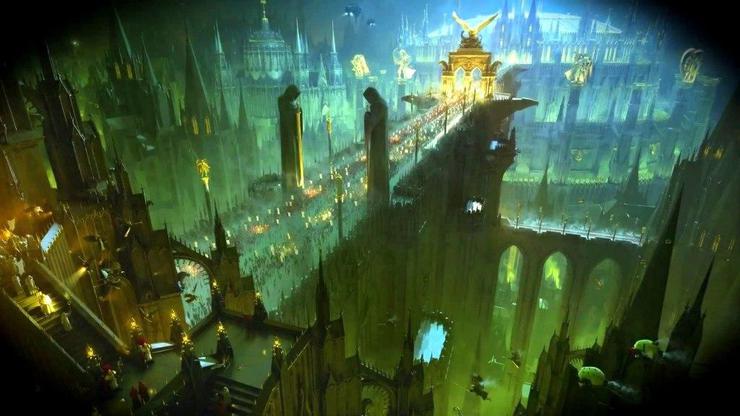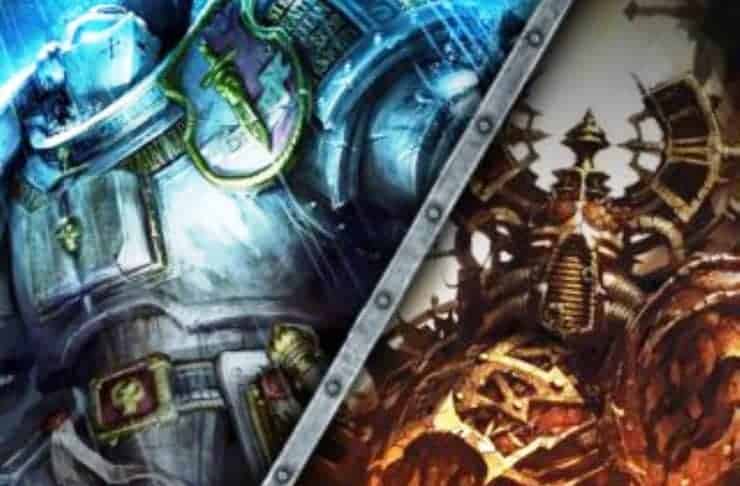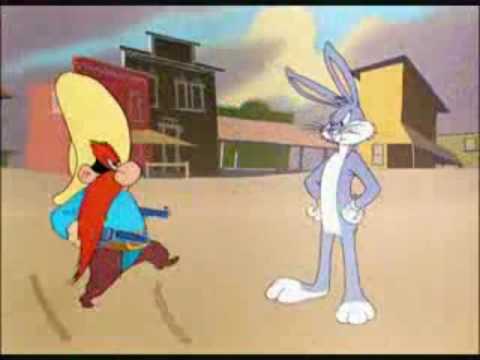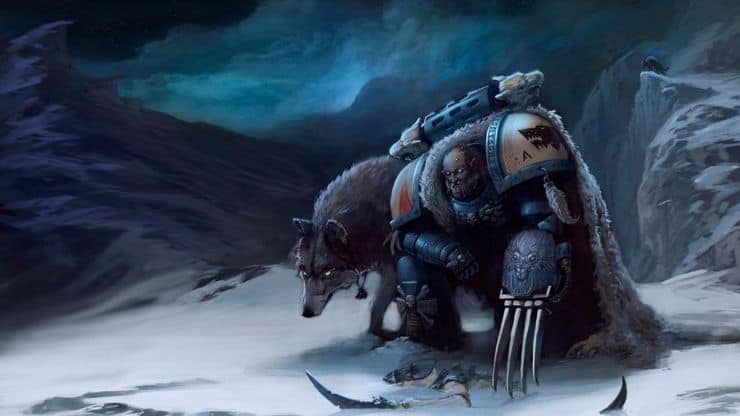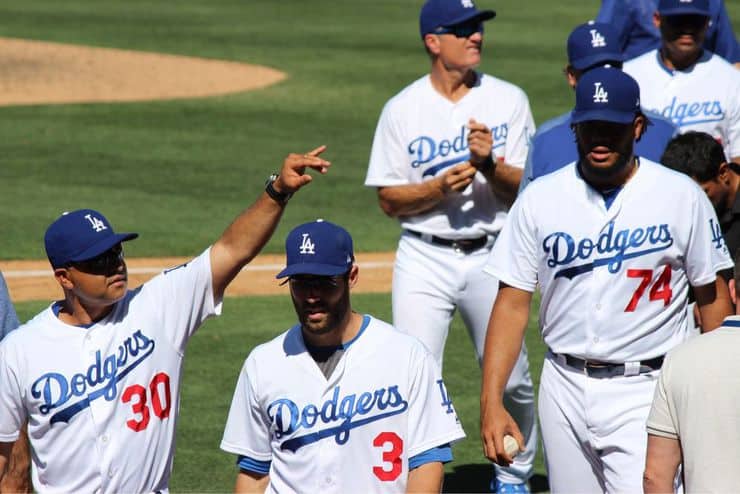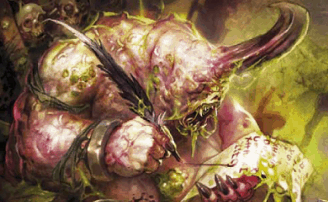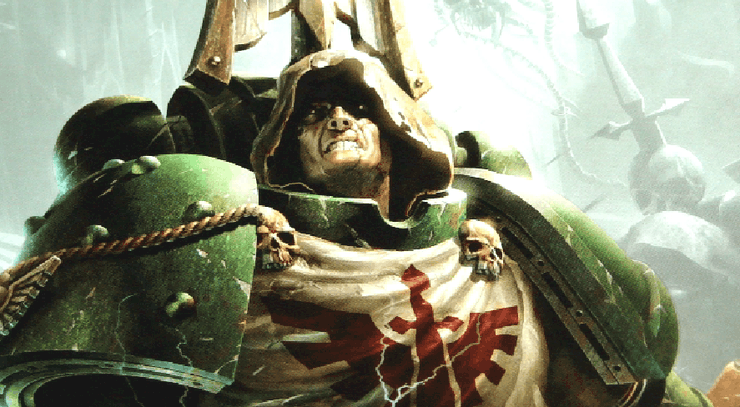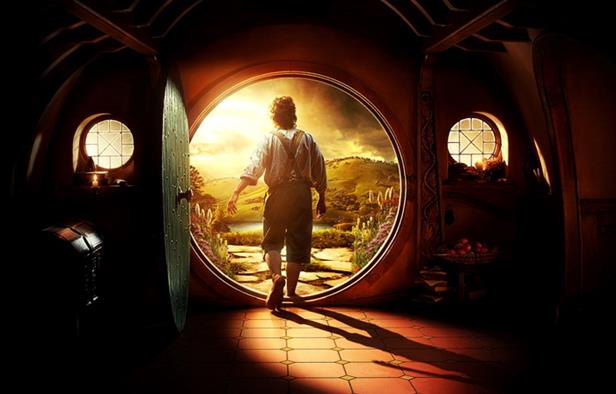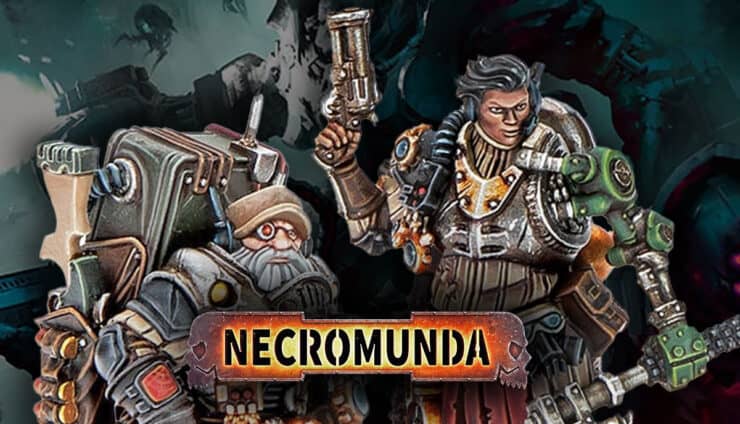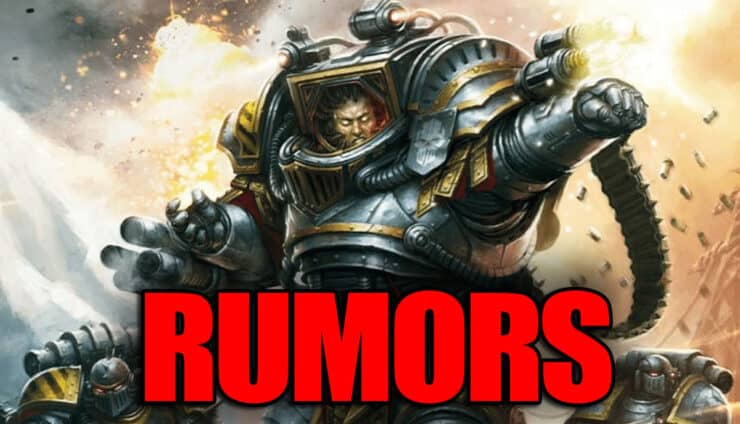Today we have a special guest writer that wrote into us and shared his educated response to a recent article that got a lot of people worked up.
Adam Kozaczka is a Warhammer 40,000 player, but even more interesting he is also a PhD candidate and a teaching associate at Syracuse University in New York State. His area of specialization is gender, violence, criminality, and the law in British literature.
A recent article put on Spikey Bits, Wizards Starts Banning Bullies, Is GW Next, created a huge response from the community, some positive, some negative. But, the best response we received was from Mr Kozaczka. His response is not supporting one side of the fence or the other, and he did a fantastic job breaking down why he feels the article got the responses it did from a neutral point of view. Let’s take a look at what he had to say.
Political Correctness or Political Carnifex? What to do with Bullies, Intolerance, and Politics in 40k.
By Adam Kozaczka
James Rodriguez’s recent post – “Wizards Starts Banning Bullies, is GW Next?” – appears to have ruffled so many feathers that a slew of angry comments use terms like “social justice warriors” and “serial virtue signalers” to attack Mr. Rodriguez and like-minded gamers. I’m a lifelong 40k player who happens to study some of the problems surrounding gender, violence, race, and ethnicity that have become so prominent in our world today, and I’d like to present what I intend to be a neutral argument that asks my fellow gamers to calm down a little bit, and to truly think about whether our beloved hobby is really the place for arguments over tolerance, patriotism, and political ideology. Though Mr. Rodriguez’s original post was more about harassment, body shaming, and online bullying, the conversation seems to have quickly shifted into the old “impeach him!” versus “lock her up!” argument, and I’m going to tell you why that happened.
Notice the memes that appeared in the original post: “Be Careful, Mods are Watching.” “Don’t bully or we will have to have a talk.” These sound like threats, and the general tone of the post was: don’t bully or else! Not ‘don’t bully because it’s hurtful and sad’, but ‘don’t bully or else’. Philosophically speaking, we are in that dangerous territory in which we want people to be good, so we tell them that they’re going to Hell if they’re bad. Pretty soon, we just get all of these conflicted people who secretly want to do all of these bad things but are too afraid of Hell to try. I’m going to go out on a limb and say that this, and not political disagreement, is why Mr. Rodriguez’s post gleaned so many angry responses in the comments section — – I don’t think anybody disagrees that trolling a pretty cosplayer is mean and inappropriate; what the responders were provoked by was the threatening tone used in the article. I see this time and time again in academia: one person forbids another from saying or doing something, so the other person is provoked into a response that goes too far in the other direction.
It’s the old Buggs Bunny versus Yosemite Sam routine: Sam draws a line in the sand, then Buggs crosses it. So, Sam has to draw another line in the sand… and Buggs crosses it! It’s pretty obvious from watching Buggs vs. Sam that it is the act of drawing the line that awakens the desire to cross the line. It’s like the inverse of a BDSM ‘safe word’: if you say _____, then I plus the entire online community will shame you and hurt you. Read that last sentence out loud to yourself… don’t you just want to find out what ____ is so you can say it and show me that I’m not the boss of you?
The more interesting question posed by Mr. Rodriguez involves whether or not GW will start policing its fans like WotC/ DCI are doing. I think it is extremely unlikely specifically because of the content of GW’s games, and also because of GW’s fanbase, which is not the same as WotC’s. I don’t know if you guys noticed it, but compared to, say, Yu-Gi- Oh players, 40k fans are sometimes actually interested in real-life militarism, and tend to be – again, I’m only drawing with very broad strokes on personal experience here – much more ‘clean-cut’ and pro-establishment than those Yu-Gi- Oh players. If I say any more, I’ll probably be guilty of stereotyping, so I’ll stick to something more manageable: the actual story-content of the Warhammer 40,000 universe.
I understand that it’s a game, but we absolutely *scream* “Blood for the Blood God” at events. The Imperium of Man (supposedly the good guys… but it’s called the “Imperium of Man” which is about as far from PC as it gets) goes around the universe carrying out Exterminatus orders, has an organization – the Ordo Xenos – specializing in killing that which is different, and uses symbols like the Black Templars iron cross or the ever-present two-headed iron aquilla that are exactly identical to symbols used by white supremacist groups in Europe and America… and if you haven’t seen the Death Korps of Krieg from Forgeworld, seriously, take a look. Now, if this bothers you enough that you are dying to post a comment saying that you love 40k but hate the Nazis, then maybe now you understand what the problem with all of this is: when posts on blogs and message boards, ‘likes’ or other types of social media-based votes, or opinions put forward in memes and videos are interpreted as somehow revealing the poster’s personal morality, all hell breaks loose.
Let’s have more fun… gene-seed? How PC is gene-seed!? Every single Space Wolf is white, has a pointy nose, and a baldness pattern… that’s the extreme one, but which chapter has non-white marines apart from Salamanders which have an explicitly non-racial storyline event that leads them to have dark skin? The Crimson Fists are the only ones I can think of, and even then only from an American perspective (that is, in Britain, their Spanish names would be associated with another white European country and not at all with Latinos). And that’s just race… we haven’t even touched how the Orks talk like meanly classist caricatures of British urban working class populations. So, in case anybody’s in denial, I’d like to make clear that we play a game with story elements that are shot through with hard-hitting stereotypes and a generally chauvinistic celebration of Roman-style military conquest. Unlike Star Trek and Star Wars, which are chock full of characters and plotlines about defeating and resisting big, evil, Nazi-like war machines, Warhammer 40,000 is actually about playing as the big, evil, Nazi-like war machine.
So, what do those of us who are liberal do? Do we stop playing 40k altogether? Or do we accept that what we are doing is, like cosplay or other forms of roleplaying, actually not reflective of our own political beliefs? Let’s try this on another hot-button issue in the world of tabletop gaming: the representation of women in plastic, resin, and pewter.
Witch Elf armor, to tell the truth, isn’t that much more revealing than Wonder Woman’s or Supergirl’s costumes, and let me tell you how many women and girls admire and look up to Wonder Woman and Supergirl. Let’s take this further: is a male gamer who spends two hours painting the shadows and hyper-detailed contours of Alarielle’s powerful legs a bad, dirty man indulging his fetishistic inclinations? I’m lucky enough to have known a die-hard female baseball fan, and so I have a decent perspective on this — – she appreciates the game as a game, but she also acknowledges that she finds the players to be sexy. She’s right: unlike the formless, loose-fitting clothes on too-tall basketball players, or the deformed bulk of the football uniform’s shoulder pads and helmet, the baseball uniform is skin-tight, aesthetically pleasing, and works to show off the muscular male body.
Is my friend a bad person for enjoying the game not only because of the game, but also because she is attracted to the men who play the game? And it’s not like sci-fi/ fantasy illustrations of male characters don’t play up huge, muscular, bare chests. It’s not like nearly every single fantasy warrior doesn’t carry a sword far too large to be practical. Should I say that as a man, I am offended by the over-representation of male physical characteristics; should I object whenever a phallic symbol is introduced as part of a game, and should I demand that all of the Greek god-like warriors and barbarians of fantasy illustration put their damned shirts on? Should I become a champion for the fat guys out there and demand that overweight heroes start appearing as part of my campaign against the body-shaming of men by sci-fi in America?
When my gender studies undergraduates point out that Wonder Woman’s costume – even outspokenly feminist Gal Gadot’s from the new movie – is “impractical,” I remind them that Wonder Woman is not a real person. As a larger-than- life, fictional hero, she is a symbolic – not a practical – embodiment of ideas that in her case reach back to a complicated history of being a wartime role-model for not only women but also men. So, being not only feminine in a “sexy” way, but also in a maternal/ nurturing way is part of how the character is constructed… how she is drawn, then, follows suit: she actually looks like the ideas she is supposed to represent. Designing female miniatures with high heels is not an oppressive strategy meant to keep women down; rather, it has to do with how artists (the sculptors in this case) link form (the miniature’s appearance) and content (the character’s identity as symbolically rendered by the form).
Let’s not forget that the miniatures we’re dealing with are little plastic, resin, and pewter men, women, and aliens. Whereas a parent concerned that Barbie might cause body image issues in a child might indeed be onto something, a gamer upset about the symbolic intolerance encouraged by his or her game is a bit out of touch. The next step involves me saying that I’d like a world in which people play 40k and other games to get some breathing space – let’s call it “safe space” – in which the game matters, and the ideological differences between players don’t. The game should not be the place to fight over political differences — – I’d like those on the far right and those on the far left to save that nonsense for the next Charlottesville debacle and keep it out of our game.
If shaming a public, online personality like a well-known cosplayer carries with it the consequences of banning a player from the game, then we have already failed to keep our game neutral. Currently in America there are two very small groups of people – one on the left and one on the right – that work tirelessly to get others involved in online and in-person arguments over tolerance that are designed to have real-world consequences for the participants by provoking them into presenting angry opinions about tricky topics (if you kick certain sacred cows, those on the leftmost fringe will say you’re intolerant; the rightmost fringe, on the other hand, will call you anti-American if you mess with their differently-shaped sacred cows). To both of these very small, yet very powerful groups, the goal is to punish people for what they believe. Please, please, keep this nonsense out of gaming, which is meant to be a scifi/ fantasy refuge from the ugliness of the real world.
Ban cheaters and thieves. Don’t ban anyone else.
